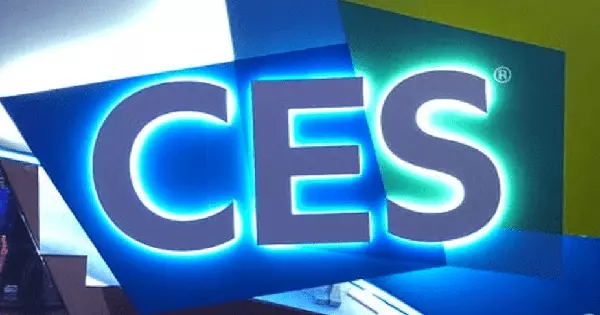Welcome back to The TechCrunch Exchange, a weekly email about startups and markets. It draws its name from the daily TechCrunch+ column from which it was inspired. Do you want it delivered to your email every Saturday? Here is where you may sign up. Everyone has a wonderful Saturday. Today we have a metric mountain of tasks to complete. Below you find quick hits on IPOs, Kidas’ venture capital round, a public building, and NFTs, as well as notes on a fascinating startup round in the consumer fintech market, notes from the low-code world thanks to an earnings day interview with Appian CEO Matt Calkins, and quick hits on IPOs, Kidas’ venture capital round, a public building, and NFTs. Let us get started!
Robinhood rode a wave of public market interest in investing and trading all the way to the top. Despite recent losses, the firm continues to demonstrate how much demand there is in the market, not only for stock purchases but also for also more creative options trading. It is the latter that we will be discussing today. Options AI, a Chicago-based distributed business, has secured $4.1 million in a seed round. I have known the firm for a long time because I used to work and one of its founders, but I have not had the opportunity to write anything about it.
It now falls within our remit, thanks to funding from three principal investors — Akuna Capital, Miami International Holdings, and Optiver Principal Strategic Investments — as well as others. Essentially, alternatives are difficult, and many people who enter the market without the necessary tools and knowledge to make effective decisions are doomed to fail. Ask your trading pals about their options approach if you have any doubts. It will be an instructive discussion.
Options AI has developed a technology that helps traders to perceive transactions more clearly before they execute them and make better decisions when it comes to multileg options and other complex options. It is a cool tool, and it helped me understand how options trading works and is priced after I had had a hazy understanding for a long time. However, improved charting is only part of what has piqued my curiosity in Options AI. The other reason is that trades are charged. The business charges a flat $5 per trade, going against the free-trading trend that Robinhood, Webull, and others have been pursuing in recent years.
Today’s options AI now only works with stock options, but The Exchange claims that in the future, it may also operate with crypto and futures options. The company describes its current condition as peering above the surface of what it has been building and testing, confident that its early traction and user numbers indicate that it is on to something. Its new investors are unquestionably board.
Why do huge consumer trading platforms find options trading so appealing? Because it is lucrative. In the third quarter of 2021, for example, options trading brought in $64 million for Robinhood. Equity trading provided me with $50 million. It is a massive business.
In addition, if it can get enough people to come up, Options AI might be in a good market position with a fixed price and PFOF revenues. Who is the startup’s intended audience? Someone who has started trading but needs a little more specialized tools, I believe. Moreover, based on Robinhood’s statistics, there might be quite a few of such people out there. When we squeeze Options AI for trading growth data, we get much more.
















